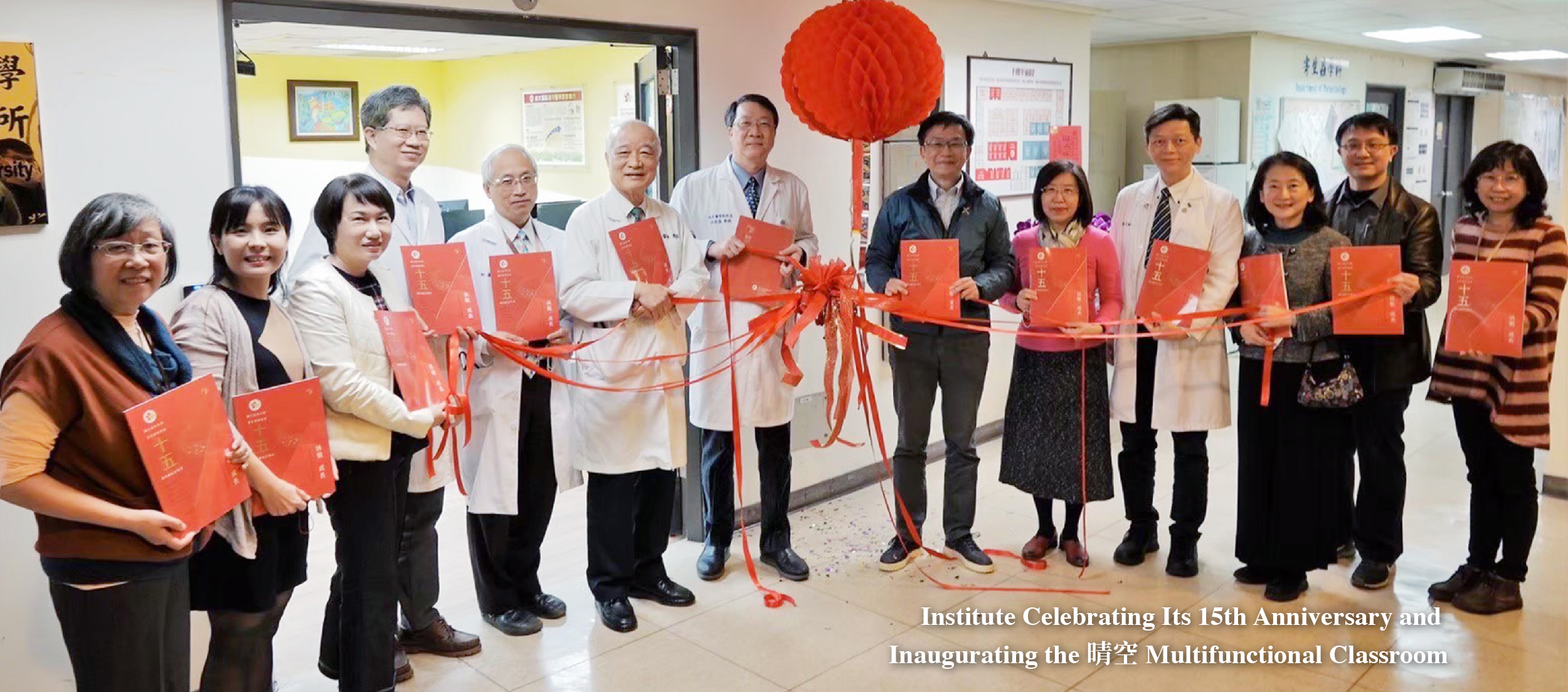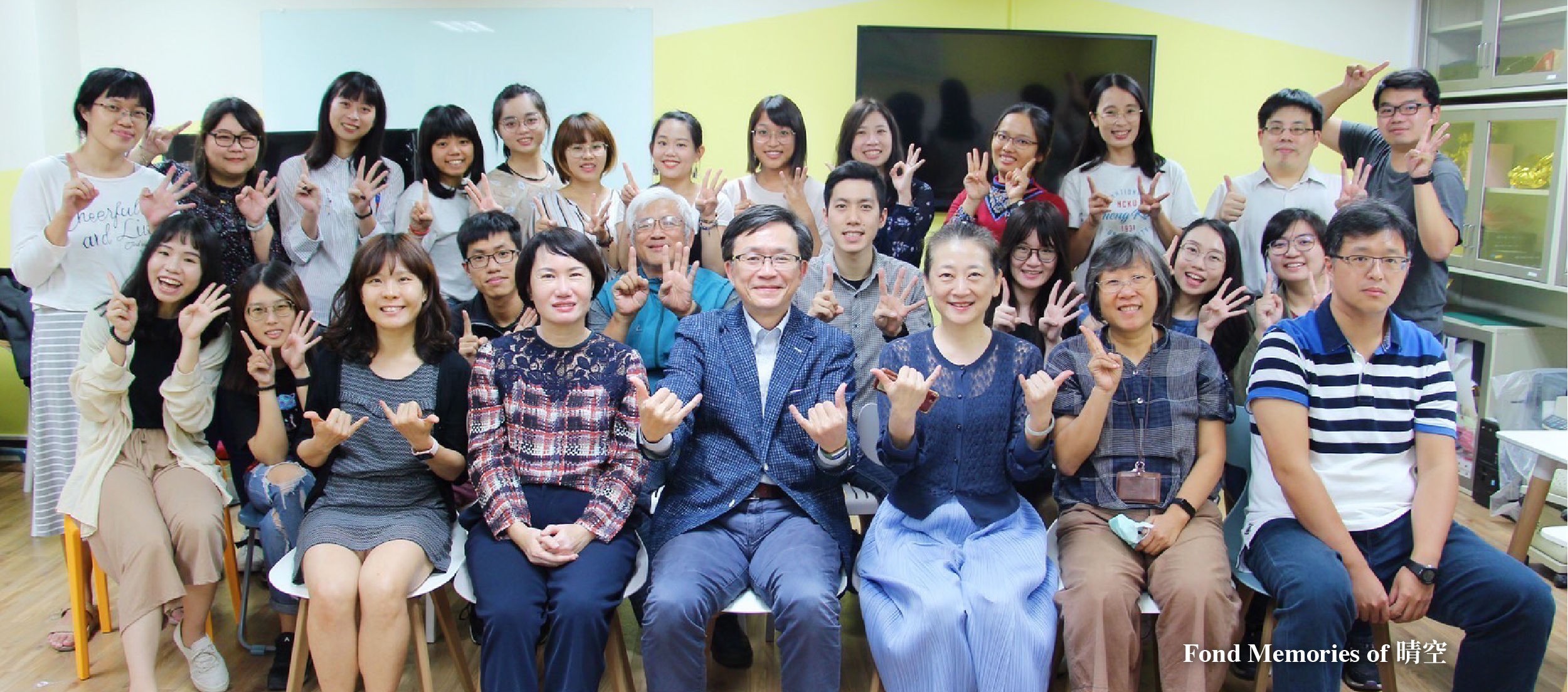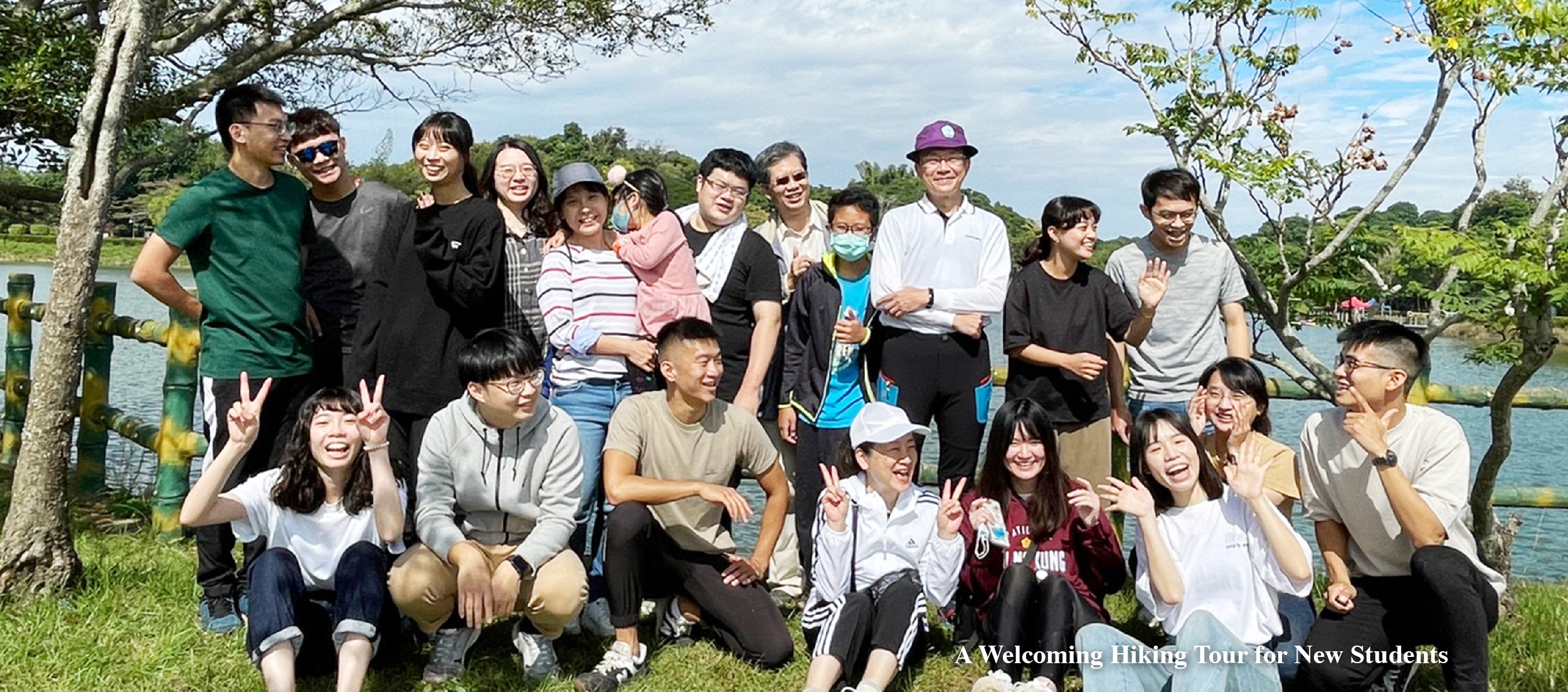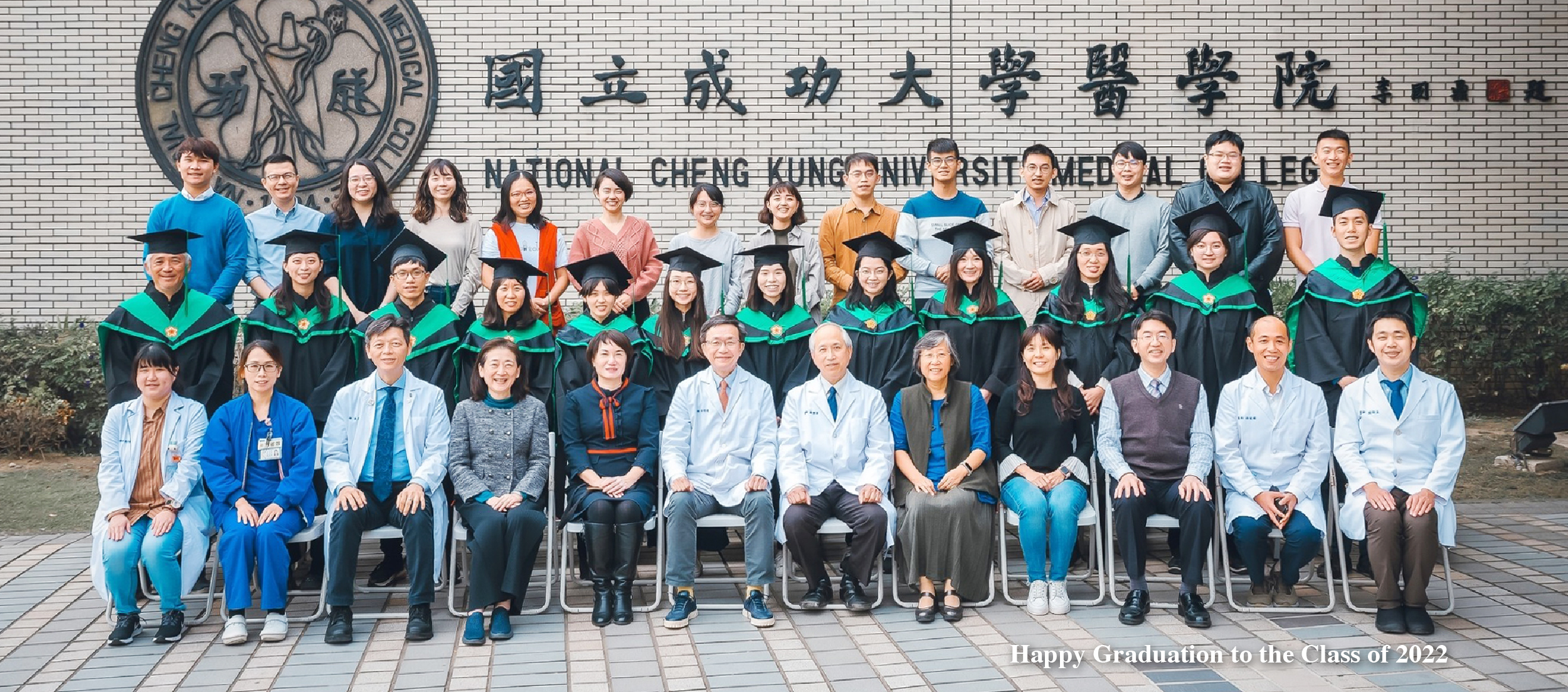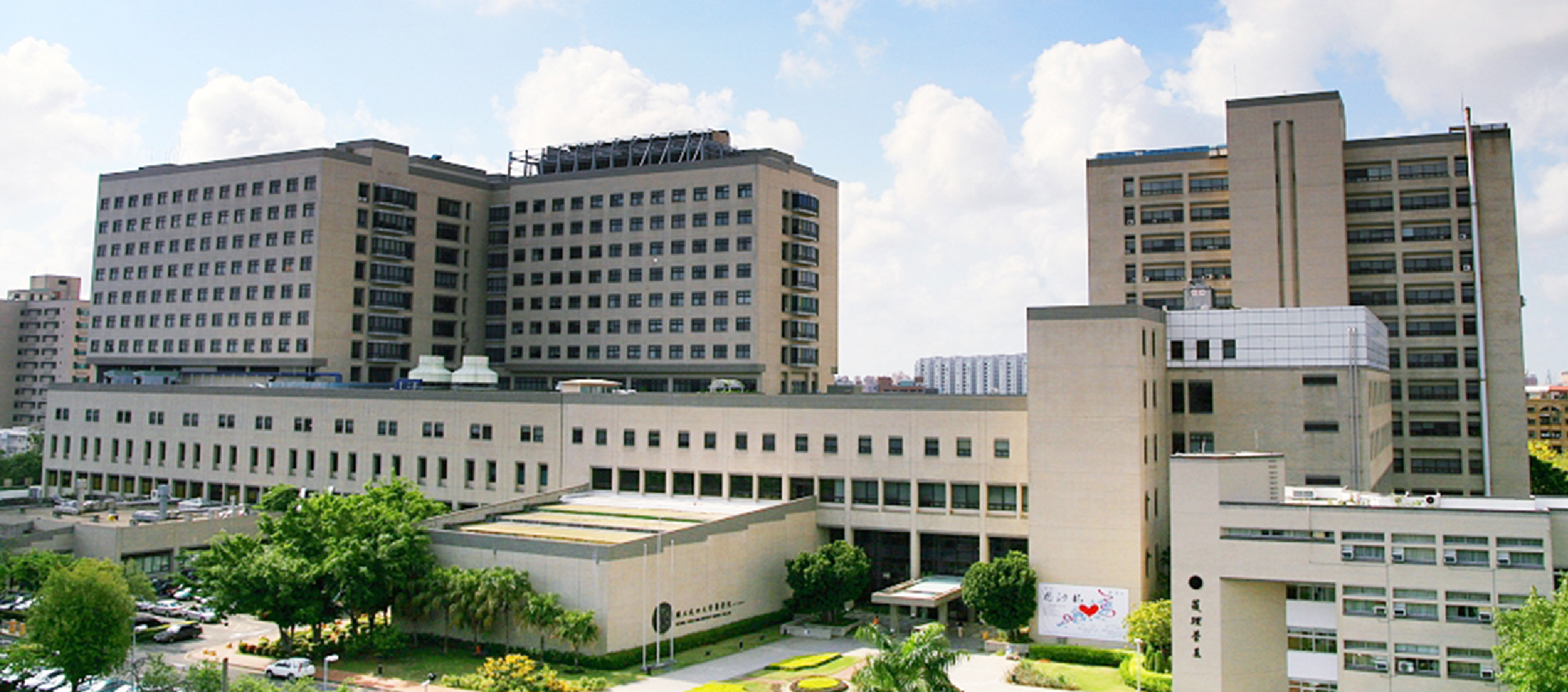History
Origin
New needs and problems caused by rapid changes in the aging society have become the focus of attention of worldwide governments and civil societies. It is the responsibility of the entire community—that is, the elderly, their families, the private sectors, and the government—to create an affordable society where the elderly can have a life with dignity and autonomy. This is a serious challenge.
There are strong demands for aging related policies, industries, and services in Taiwan. Gerontological and geriatric professionals have created several professional organizations such as Taiwan Association of Gerontology & Geriatrics, Taiwan Long-Term Care Professional Association, Federation for the Welfare of the Elderly, Taiwan Association of Gerontology, and others to promote the awareness, research, and policies of elderly care. However, the institutes of higher education in elderly care consist of either an isolated department of elderly services or scattered subdivisions within the departments of social welfare or social workers. There is a huge gap between the demand for social and health care for the elderly and the cultivation of professionals to care for them. To fill in the gap, a new institute for cultivation of the practitioners, professors and research professionals in elderly care was urgently needed.
The Institute of Gerontology, College of Medicine, National Cheng Kung University (NCKU) in Tainan, Taiwan was established in 2007. It was professor Hahn Liang Cheng who initiated and guided the establishment of the Institute in our medical school.
Professor Hahn has been working as a clinical professor at the College of Medicine, NCKU and as a part-time attending physician in the Department of Emergency (DOE) of the National Cheng Kung University Hospital (NCKUH) since the latter’s establishment in 1988. He is responsible for the clinical teaching of patient care in emergency rooms. He understood the difficulty of diagnosing and treating elderly patients during his years of practice and teaching in the DOE. He also recognized that the treatments of the medical problems of the elderly patients are not merely a medical issue. He firmly believed that geriatric medicine should be combined with other disciplines to provide comprehensive care for the elderly patients and that the multidisciplinary team members should engage with each other in in-depth, interactive discussions. In facing the trends of increasing life span and aging population, these personal experiences, beliefs, and visions led him to establish the Master of Science (MS) program in gerontology at the NCKU Medical Center.
With the help from a relative of a patient admitted to the emergency room at NCKUH, Dr. Hahn, Dr. Sung Ruey Jen (former dean of the Medical School, 2002-2007) and Dr. Lin Xi Hang (former director of the Department of Internal Medicine, 2005-2007) pursued the establishment of the MS program in gerontology with perseverance and finally won the approval of the University and the Ministry of Education in October 2006. In September 2007, the first group of the graduate students of the masters program was admitted. It was the first batch of masters students in gerontology in Taiwan.


